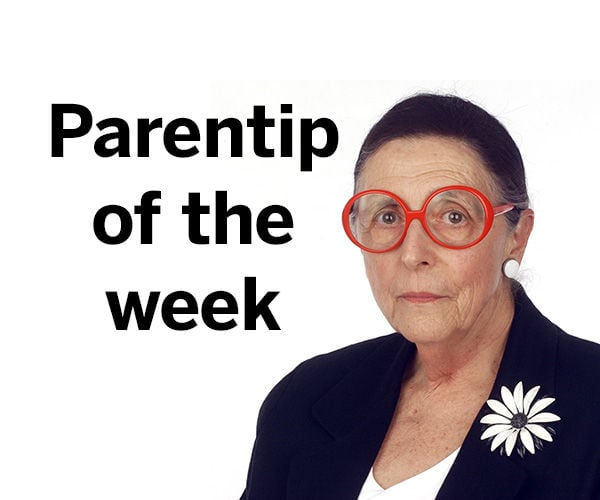One little boy I know called his parents’ divorce a “big boo-boo.” Divorce hurts kids. And the hurt may not go away. It carries into adulthood and can last a lifetime.
Just last week I spoke with a woman whose parents had divorced when she was a girl more than 50 years ago. She called to tell me her father had died and she talked about the divorce and its effects on her life. “Divorce is a death that keeps dying,” she said, remembering what her parents put her through. I witnessed some of this, as we were neighbors and I understand how she must have felt.
According to a recent study done by Netmums, a British parenting website, many divorcing parents are in denial when it comes to the effects of the divorce on the children. Four out of five parents reported their children coped well. Their children? Only one third reported coping well. This shows a big disconnect between the children and parents.
Few children were happy about the parents living apart and one third said they were “devastated.” Many of the children said they felt the parents did not love them or had let them down. Thirteen percent of the children blamed themselves for the divorce but only 5 percent of the parents did.
Some unhappy children turned to drugs, some considered suicide, or worried about having to look after a parent. More than a third of the children reported one parent had tried to turn the child against the other parent. Almost a fourth of the children did not see their father after the divorce.
How can so many parents miss or deny what’s going on with their children? Divorce causes great turmoil. Parents are stressed by what is happening, worried about lawyers and money, figuring out new living arrangements …and, yes, worried about how the children will react. But it’s hard to be a good observer in a stressful household, one that is about to become a “broken home.” Children often act up in school or on the playground rather than at home, or actually conceal their feelings from their parents in an attempt to protect them.
Sadly, the last time I analyzed the questions I get from parents , about 40 percent had to do with divorce, custody, absent parents, or re-entry of a long-absent parent. Because many parents today cohabit but later separate, this category now includes non-marital separation as well.
The best way to “treat” the divorce problem is to prevent it. In a Star column nearly 10 years ago I wrote if divorce were a virus that negatively affected an estimated 1.5 million children a year we would be demanding research to find a vaccine or cure.
Preventing divorce means strengthening marriage. I use five “C” words to teach parents ways to grow and develop as parents. You have to CARE about each other. You must have a strong COMMITMENT to each other. Each of you needs CONFIDENCE in your ability to make the relationship work which means you need confidence in yourself as a person. You have to develop and nourish meaningful COMMUNICATION. And finally, if you are ever “stuck” in the relationship and can’t change unpleasant or destructive interactions, you need to get COUNSELING.
Because there are abusive or destructive marriages, some divorce is inevitable. What about the children involved? If you are contemplating divorce, promise me you will read Divorce Vows (online at parentkidsright.com/vows). The founder of Netmums wrote, “Divorce may be a little word but it has a huge effect.” To minimize this effect on your children please take and keep my suggested divorce vows.





